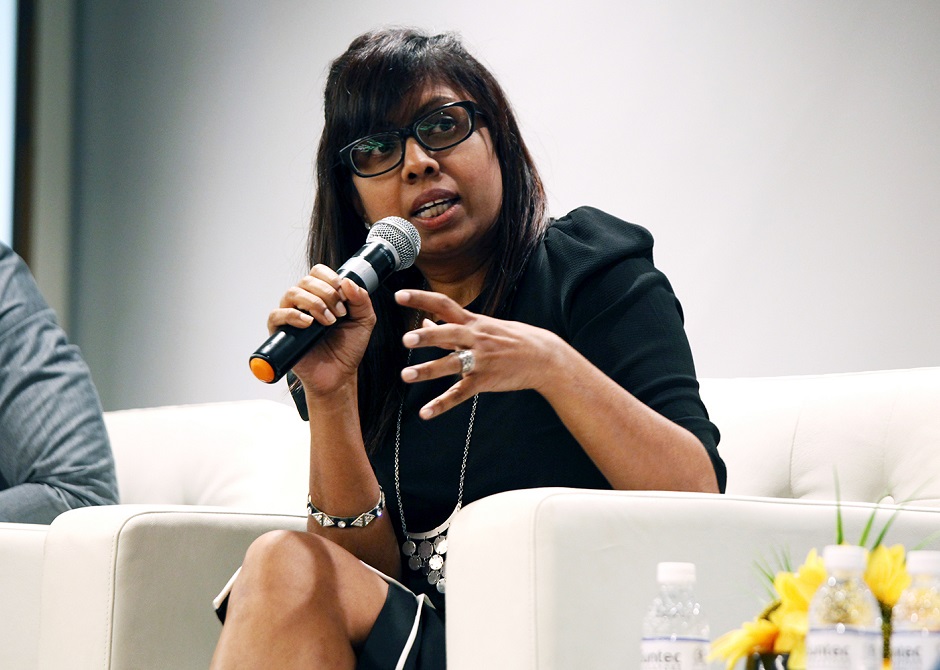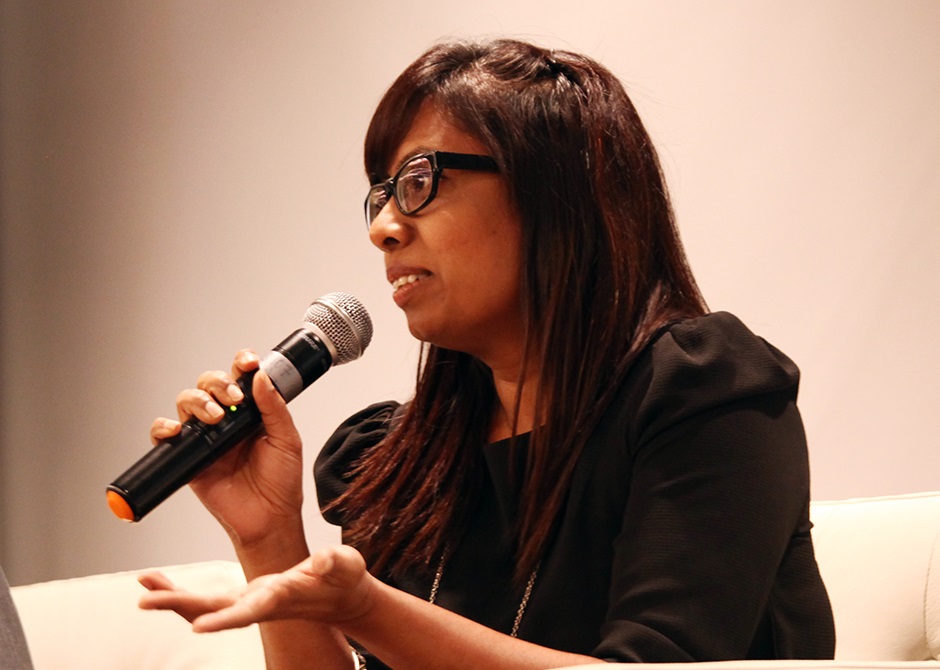Taking risks: the path to growth and success
21 Nov 2018

A polytechnic lecturer and a mother of two shares why letting your children take measured risks is important to their development.
Crispina Robert freaked out when her son, then 18 years old, told her he was going hiking in Selangor with his friends – a day before the trip. They had not made any arrangement for accommodation or transport, and their plan was to “wing it”. She tried but failed to talk him out of going for the hike.
As Crispina had predicted, her son and friends hit a few roadblocks. At the end of their hike, her son called home for help to negotiate with a driver they chanced upon, to get them out of the hiking area (as none of them could speak Malay). All these could have been avoided if they had planned beforehand.
But in hindsight, Cripsina said that she was glad that she decided to let It (and him) go. “It was a transformative experience for him because he now knows all the things that could go wrong,” she says. “He would never have encountered [these problems] in the safe confines of his classroom or my home.”
As parents, how can we protect our children but also learn to “let go”? Crispina shares her experiences.
Step back, and let your child learn
“We want to do the best by our children. It’s a natural instinct. But sometimes, we overdo it. If you sit at the local playground, you will notice many parents telling their child not to run, which is quite ironic considering that it’s a playground. The parents are so afraid their kids would fall.”
Give your child room to explore
“As part of the course I teach, my students have to talk to strangers, and produce videos. Sometimes, their parents get very worried and ask me why their kids are going to Geylang. So I try to explain that it’s only when they let their kids go, their kids get out of their comfort zone, that [they learn]. I have come across kids who do not take any risks at all. If you ask them, ‘What do you want to do? What do you like?’ They will say, ‘I don’t know.’”
Be receptive to your child’s interests
“As parents, you need to be very open. You need to help your kid find options that will help him move away from that [failure] and to try something else. [I have met] kids whose parents force them into a Junior College (JC). They go to JC for one year, and they do spectacularly badly and get kicked out. At that moment in their life, they are inconsolable. When they enter the polytechnic system, they find hope: “Ok, there’s a way out for me.”
Your child may have failed, but he’s not a failure
“I have students whose self-esteem is quite low. But I find that these are usually the most wonderful, hardworking and generous kids who help each other. They never give up. It takes time and effort to build up that inner reserve. We teach and mentor them, and let them know they are not ‘lousy’ just because they don’t do well in exams. Many of my students go on to do very well in their internships, and they are valuable to their employers.”
Have confidence in your child
“When your kids fail an exam, especially if it’s a big exam, it’s tough to talk to them and help them understand it’s ok. If you’ve been through any horrible thing in your life, [you’ll know] at that moment, you feel as if the world is crashing down. But you’ll also get over it. Things get better over time — you will get new opportunities and meet new people.”





